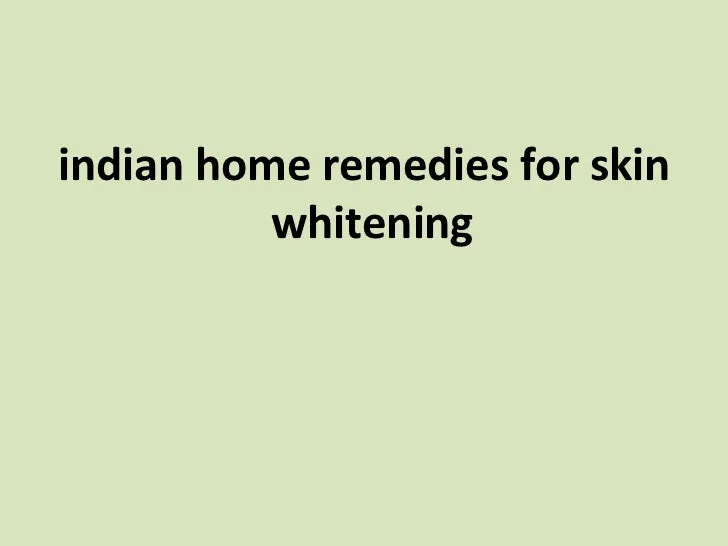Understanding Skin Whitening & Hyperpigmentation
Skin whitening, often used interchangeably with skin lightening or brightening, refers to the process of reducing the melanin pigment in the skin to achieve a lighter complexion. Hyperpigmentation, on the other hand, is a condition where patches of skin become darker than the surrounding areas. This darkening occurs when an excess of melanin, the pigment responsible for skin color, forms deposits in the skin. Understanding the basics of these two concepts is crucial before diving into the realm of home remedies. Different factors can trigger hyperpigmentation, including sun exposure, inflammation, hormonal changes, and certain skin injuries or conditions. Many individuals in India seek ways to address hyperpigmentation and uneven skin tone, making the search for effective remedies a common pursuit. This article delves into some of the best and most accessible home remedies for skin whitening in India, keeping in mind the unique needs and skin types prevalent in the region.
Causes of Hyperpigmentation
Hyperpigmentation can arise from a multitude of factors, which is why it is essential to understand these causes to find the most effective treatment. Prolonged sun exposure is one of the most common culprits. UV rays stimulate melanin production, leading to dark spots and uneven skin tone. Post-inflammatory hyperpigmentation (PIH) is another significant cause, often resulting from acne, eczema, or any skin injury that causes inflammation. Hormonal fluctuations, such as those during pregnancy (melasma), can also trigger hyperpigmentation. Certain medications, skin conditions, and even harsh skincare products can contribute to the problem. Recognizing the underlying cause of hyperpigmentation is the first step toward choosing the right home remedy and achieving desired results. In India, where sun exposure is high and various skin types exist, understanding these causes is even more important for effective skincare practices.
Common Skin Whitening Myths
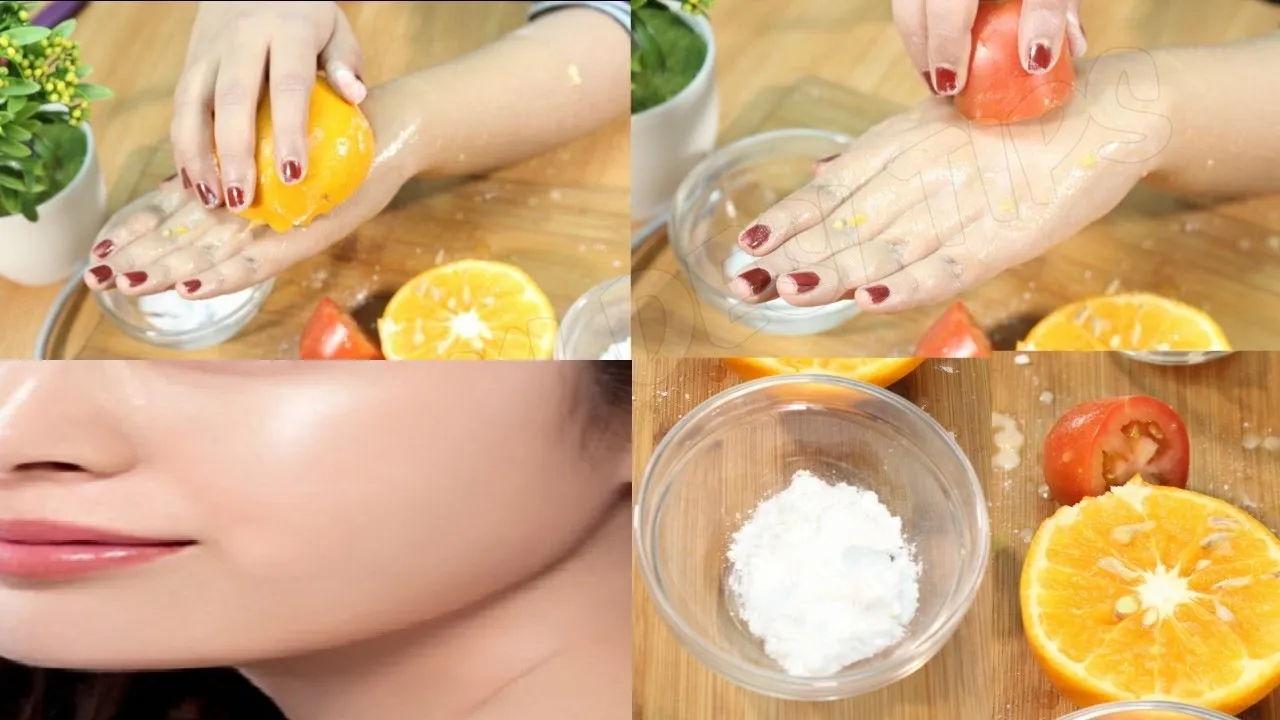
Several myths surround skin whitening, and it’s important to debunk them to ensure safe and effective skincare practices. One common myth is that skin whitening can be achieved overnight. In reality, lightening skin and addressing hyperpigmentation requires patience and consistency. Another myth suggests that all skin whitening products are safe and effective. Many commercially available products contain harmful chemicals like hydroquinone or mercury, which can cause serious side effects. Another misconception is that a lighter skin tone equates to better skin health. This is untrue; healthy skin is not defined by its color, but by its condition. Understanding these myths helps set realistic expectations and encourages the use of safe and natural home remedies. In India, where fairness creams have been heavily marketed, it’s particularly important to address these myths to promote healthy skincare choices.
Top 7 Skin Whitening Home Remedies India
India has a rich tradition of utilizing natural ingredients for skincare, and many of these remedies are highly effective for skin whitening and addressing hyperpigmentation. These home remedies are generally safe, affordable, and accessible. They are tailored to suit various skin types. The following list outlines seven of the most effective home remedies commonly used in India. Each remedy offers unique benefits and can be incorporated into a regular skincare routine to achieve a brighter, more even skin tone. Remember to perform a patch test before trying any new remedy to ensure there are no allergic reactions.
Turmeric and Gram Flour Pack
Turmeric, a staple in Indian kitchens, possesses potent anti-inflammatory and antioxidant properties. Gram flour (besan) acts as a gentle exfoliant, removing dead skin cells and promoting a brighter complexion. To prepare the pack, mix one teaspoon of turmeric powder with two tablespoons of gram flour. Add enough milk or yogurt to form a smooth paste. Apply the paste evenly on the face and neck, leave it on for 20-30 minutes, and then rinse with lukewarm water. This remedy helps reduce pigmentation, evens skin tone, and gives a natural glow. The combination of turmeric and gram flour is a time-tested remedy in Indian households, ideal for all skin types.
Lemon Juice and Honey
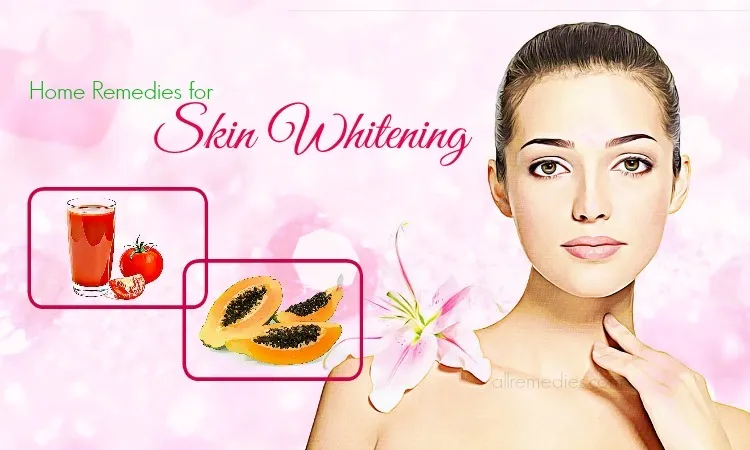
Lemon juice is a natural bleaching agent due to its high citric acid content, which can help lighten dark spots and blemishes. Honey is a natural humectant and antibacterial agent, providing moisture and soothing the skin. Mix one teaspoon of fresh lemon juice with one teaspoon of honey. Apply the mixture to the affected areas or the entire face, avoiding the eye area. Leave it on for 15-20 minutes before rinsing with water. While lemon juice can be effective, it can also be harsh, so it’s essential to dilute it and use it cautiously. Those with sensitive skin should test it on a small area first. This remedy is especially beneficial for those with oily skin as it helps control excess oil production while lightening the skin.
Aloe Vera for Skin Brightening
Aloe vera is renowned for its soothing, moisturizing, and skin-brightening properties. It contains compounds that can help reduce hyperpigmentation and promote skin regeneration. Extract fresh aloe vera gel from the plant or use a high-quality, pure aloe vera gel. Apply a thin layer of gel to the face and let it absorb into the skin. Aloe vera is gentle and suitable for most skin types, including sensitive skin. It not only helps with skin whitening but also aids in healing scars and blemishes. This is a versatile remedy that can be used daily as part of a skincare routine.
Sandalwood Paste
Sandalwood (chandan) is a traditional Indian remedy known for its cooling, anti-inflammatory, and skin-lightening properties. It helps even out skin tone and reduce blemishes. Mix sandalwood powder with rose water or milk to form a thick paste. Apply the paste evenly to the face and neck, letting it dry for about 20-30 minutes. Rinse with water. Sandalwood is particularly beneficial for reducing acne and calming irritated skin. It leaves the skin feeling refreshed and radiant, making it an excellent choice for those with sensitive skin or those living in hot climates.
Papaya Face Mask
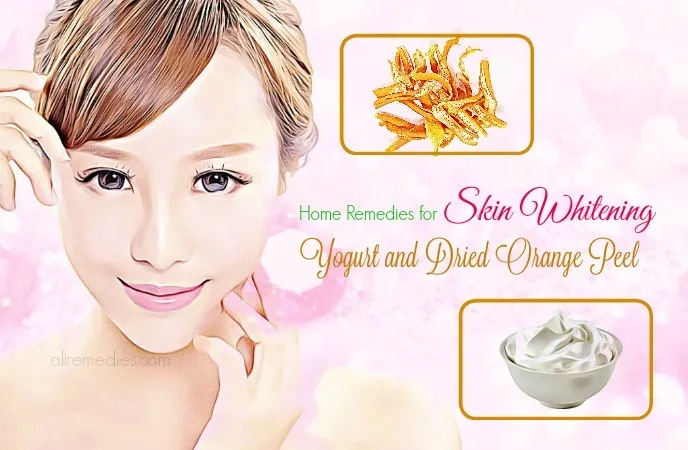
Papaya contains enzymes like papain that help exfoliate dead skin cells and promote skin lightening. It also has vitamins and antioxidants that nourish and rejuvenate the skin. Mash a ripe papaya into a pulp. Apply the pulp to the face and leave it on for 15-20 minutes. Rinse with water. Papaya is suitable for all skin types and is particularly effective for reducing dark spots and blemishes. Its gentle exfoliating action helps reveal a brighter, smoother complexion. The regular use of a papaya face mask can visibly improve skin texture and tone.
Milk and Saffron
Milk, particularly raw milk, contains lactic acid, a gentle exfoliant that can help lighten the skin. Saffron (kesar) is a natural skin-brightening agent with antioxidant properties. Soak a few strands of saffron in milk overnight. In the morning, apply the milk to the face and leave it on for about 20-30 minutes. Rinse with water. This remedy is particularly effective for reducing uneven skin tone and adding a natural glow. Saffron is also known for its anti-aging benefits, making this a great choice for those looking for a comprehensive skincare solution. Ensure the saffron you are using is of good quality.
Potato Juice
Potato juice has natural bleaching properties and can effectively lighten dark spots and blemishes. It also has anti-inflammatory properties that can soothe irritated skin. Grate a potato and extract its juice. Apply the juice to the face using a cotton ball, focusing on the areas with hyperpigmentation. Let it sit for 15-20 minutes and rinse with water. Potato juice is a simple, inexpensive, and effective remedy, perfect for those on a budget. It’s a gentle option, suitable for most skin types. Regular use can lead to a noticeable improvement in skin tone and a reduction in dark spots.
Important Considerations and Precautions
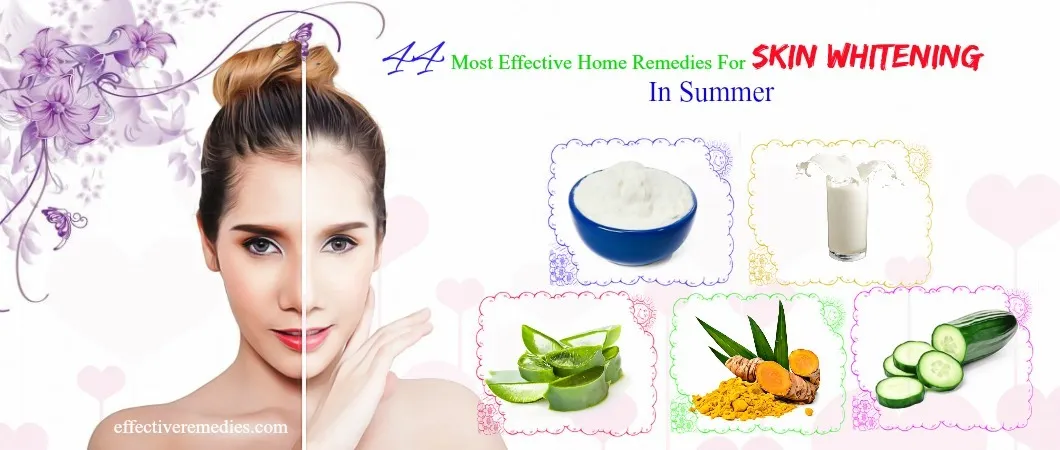
While home remedies are generally safe, it is essential to take certain precautions to ensure the best results and avoid potential skin problems. Always perform a patch test before applying any new remedy to your entire face, especially if you have sensitive skin. Also, protect your skin from the sun, as sun exposure can worsen hyperpigmentation. Be patient, as it takes time to see results. Consistency is key. These precautions will ensure the safety and effectiveness of your skincare regimen.
Patch Test and Allergy Awareness
Before incorporating any new remedy into your skincare routine, always conduct a patch test. Apply a small amount of the remedy to a discreet area of your skin, such as the inside of your elbow or behind your ear. Wait for 24 to 48 hours to check for any adverse reactions, such as redness, itching, or irritation. If you experience any adverse reactions, discontinue use immediately. This precaution is especially important when using ingredients like lemon juice or essential oils. Patch tests are crucial for preventing allergic reactions and ensuring your skin’s safety.
Sun Protection is Essential
Sun exposure can significantly worsen hyperpigmentation and undermine the efforts of your skin whitening remedies. Therefore, sun protection is non-negotiable. Apply a broad-spectrum sunscreen with an SPF of 30 or higher every day, even on cloudy days. Reapply sunscreen every two hours, especially if you are spending time outdoors. Wear protective clothing, such as hats and long sleeves, and seek shade during peak sun hours. Consistent sun protection will not only prevent further hyperpigmentation but also protect your skin from premature aging and other sun-related damage.
Consistency is Key
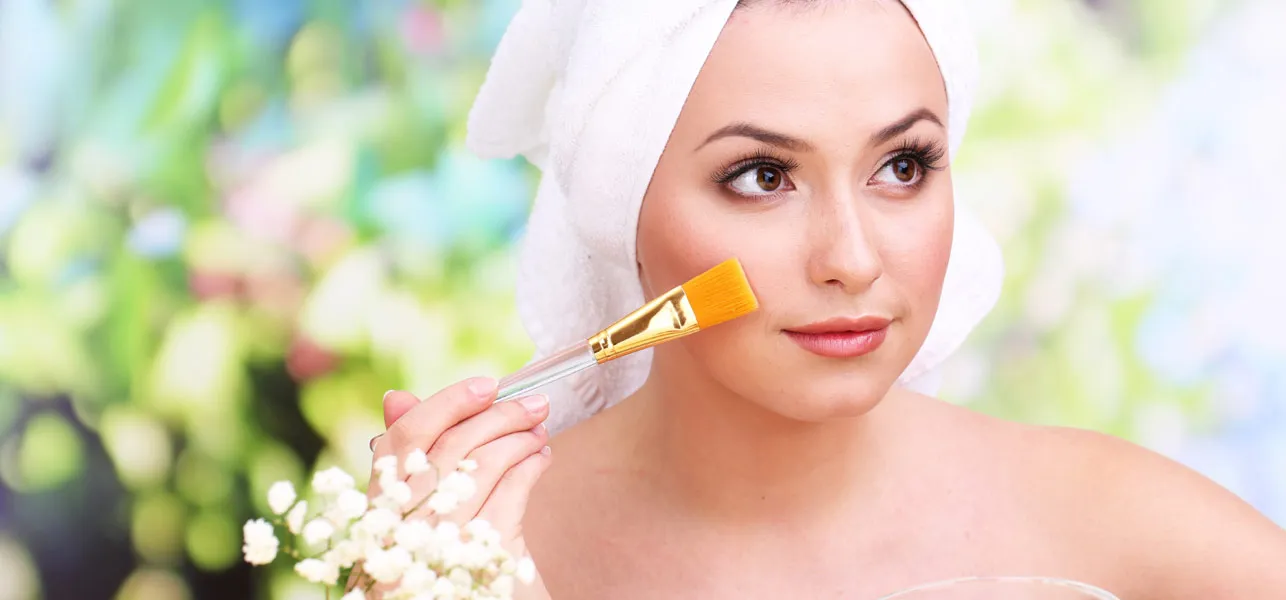
Achieving skin whitening and reducing hyperpigmentation requires patience and consistency. Home remedies take time to work, and results will not appear overnight. Incorporate your chosen remedies into a regular skincare routine and use them consistently for several weeks or months to see noticeable improvements. Avoid switching remedies frequently, as this can hinder your progress. Tracking your results and documenting your skincare journey can help you stay motivated and assess the effectiveness of your chosen remedies. Consistency ensures that the natural ingredients have sufficient time to work their magic.
Lifestyle Choices for Healthy Skin
Your lifestyle plays a vital role in your skin’s health and appearance. A balanced diet rich in vitamins, minerals, and antioxidants supports skin health from the inside out. Stay hydrated by drinking plenty of water, as hydration keeps your skin plump and radiant. Get adequate sleep, as sleep deprivation can lead to dull skin and exacerbate skin problems. Manage stress through relaxation techniques, as stress can trigger skin issues. Avoiding smoking and excessive alcohol consumption also contributes to healthy skin. Making these lifestyle changes can enhance the effectiveness of your home remedies and support overall skin health.
